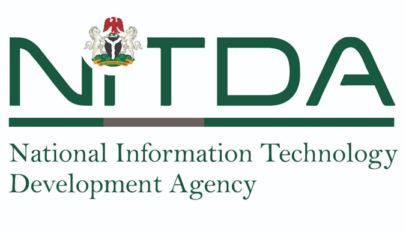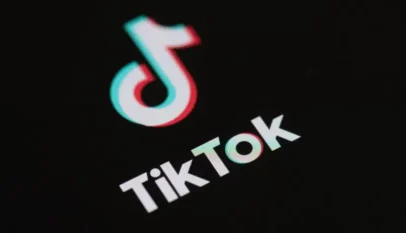By Oghenekevwe Kofi
These days, we’re pretty much glued to the internet-whether we’re chatting with our friends and family on social media, shopping, or keeping an eye on our money. But with so much personal stuff floating around online, there are some serious risks out there, such as those created by hackers, scams, and identity theft. As Nigerians become increasingly connected, online safety is a number one priority. But don’t freak out just yet! You do not have to be a tech guru to keep yourself safe.
Check out these simple, practical ways for protecting your personal information.
1. Use Strong, Unique Passwords

• Make it long: At least 12 characters.
Many people use the same password on multiple sites-a very bad mistake. If hackers steal one password, then they can access all accounts belonging to you. Here’s how you can generate strong and secure passwords:
• Make it Complex: use a combination of uppercase letters, lowercase letters, numbers, and special characters.
• Steer clear of easy guesses: Skip the common words, phrases, or personal stuff like your name or birthday. Instead of going with “password123,” how about something random, like “Tig3r#Sprints42!”?
A password manager is another option; it generates and saves complicated passwords on your behalf.
2. Beware of Phishing Scams
Phishing is used by scammers to steal your info by acting like someone you trust, like your bank or even a friend. In Nigeria, these phishing attacks usually pop up in emails, SMS, or even WhatsApp messages. Here’s how to spot them and steer clear:
- Watch out for those urgent messages: If you get one saying you have “act now” to keep your account or snag a prize, it’s likely a scam.
- First off, check who sent the email: If it seems to be from your bank but the address is something weird like “support@bank-xyz.net,” then it’s fake.
- Don’t click suspicious links: Hover over links in messages before clicking to see where they lead. If it looks unfamiliar, avoid it.
3. Secure Your Social Media Accounts
Many Nigerians depend on social media, whether it is Facebook, TikTok, Snapchat, Instagram, or Twitter, but hackers can totally take advantage of the weak security of the account and gain unauthorized access to personal information. Here is how to keep your social media accounts safe:
- You should enable two-factor authentication (2FA). This is just a means to increase your security by demanding another layer of verification (maybe a code sent to your phone) in addition to your password.
- Watch what you share. Don’t spill too much personal stuff, like where you live or your phone number. Don’t participate in every social media trend or challenge. Scammers can totally use that info to go after you.
- Adjust privacy settings: Make sure only people you trust can see your posts and personal details by putting your accounts on private.
4. Keep Your Devices Updated
It’s very easy not to pay attention to those notices of software updates, but they are very important to keep your devices secure. Software updates often include patches for vulnerabilities that hackers can use to get into your device. Keep your phone and computer updated, as well as all apps.
Install certified antivirus software on your devices for catching and blocking any potentially malicious software that tries to access your information.
5. Beware when you’re using Public Wi-Fi
Public Wi-Fi in places like malls and airport lounges is super convenient but, usually, not that secure. Hackers can use such networks to take down your data. If you need to use public Wi-Fi, try not to log into important accounts, like your bank or email. You could also use a VPN (virtual private network) that keeps your connection encrypted, which gives you an extra bit of safety.
6. Always Monitor Your Bank Accounts
In Nigeria, online scams aimed at stealing from bank accounts are common. So, it’s a good idea to get into the routine of checking your bank statements and transaction alerts often. If you spot anything fishy, let your bank know right away. These days, most banks have apps and send SMS alerts to keep you updated about any withdrawals or deposits.
7. Beware of those “Too Good to Be True” deals.
As the old saying goes, ‘If it sounds too good to be true, it is probably too good to be true’. If you get some crazily good and fantastic deals on the internet such as pieces of stuff, services, or investment opportunities, be careful. Scammers love to reel people in with phoney offers of big returns or sweet discounts. Always verify whether the seller or business is legitimate before you hand over any cash or do that transfer.
Staying safe online isn’t as tricky as it sounds. If you follow these easy steps, you will considerably reduce your risk of becoming a victim of cyber-crimes. Set strong passwords, be on guard against phishing, lock down your social media accounts, and think before you post. A little knowledge goes a long way in keeping your personal information safe while having fun online.
Stay smart, stay safe, and go on enjoying your online experience with confidence!
Oghenekevwe Kofi is a Project Manager at Ericsson LM





































